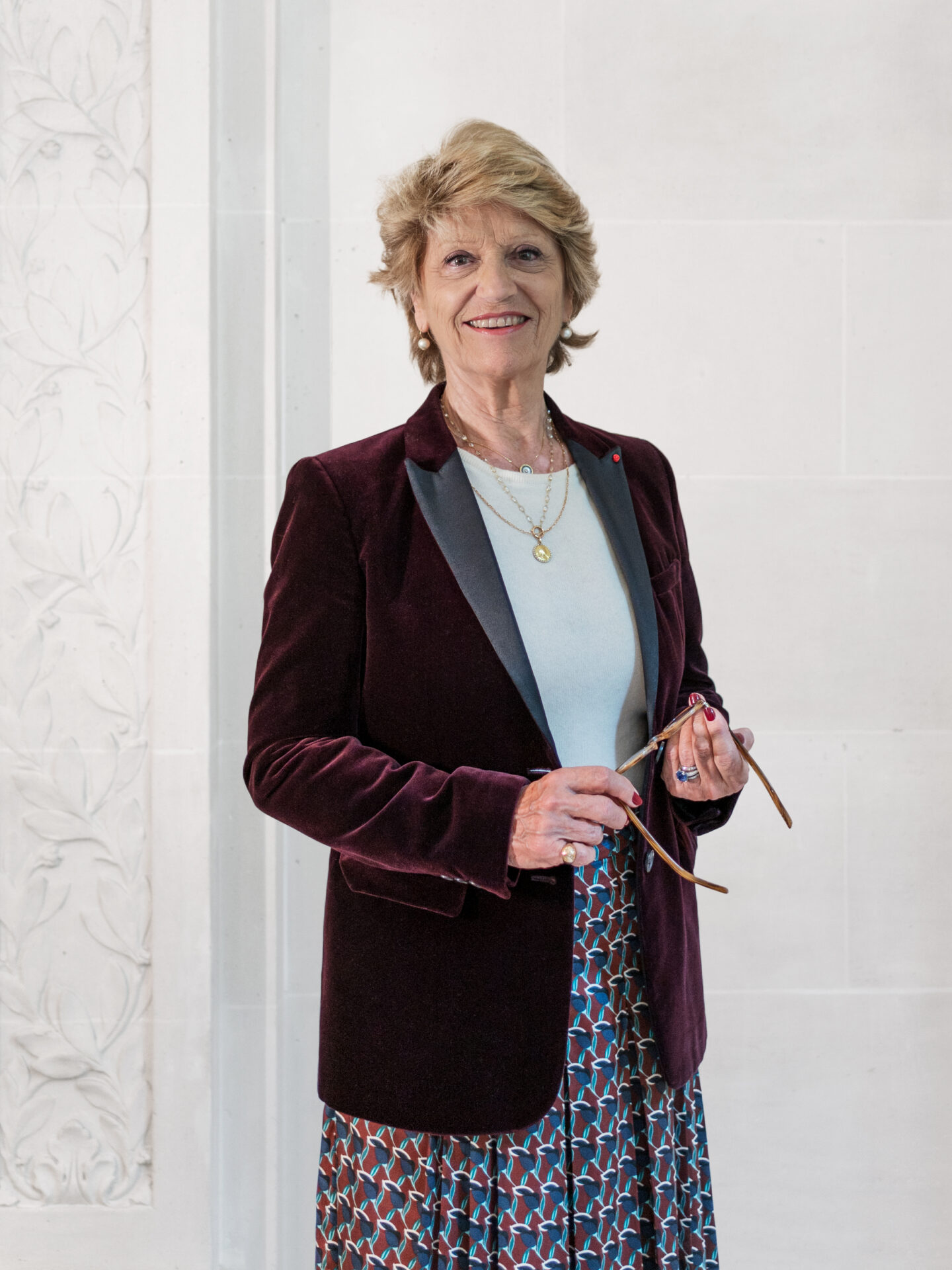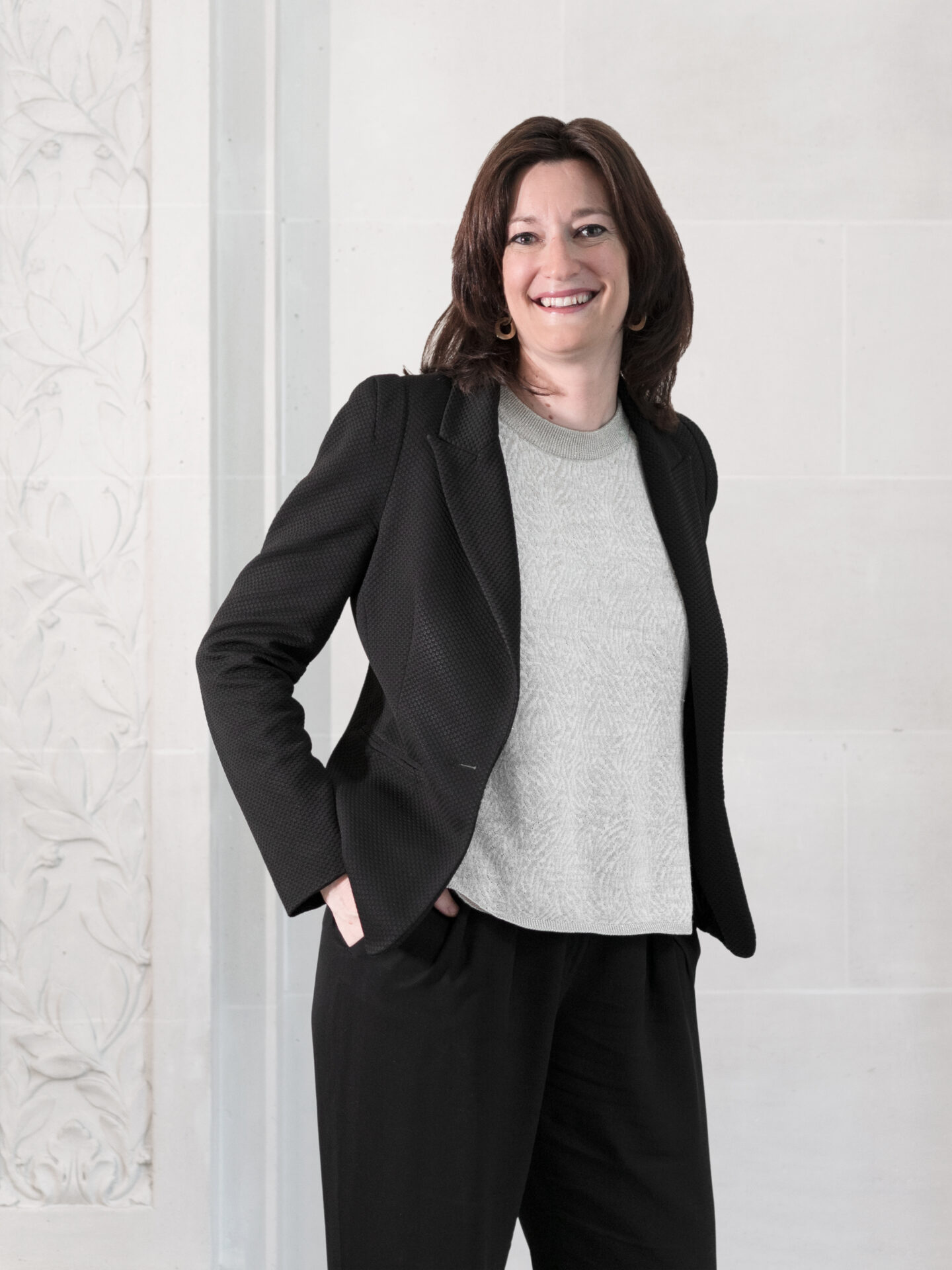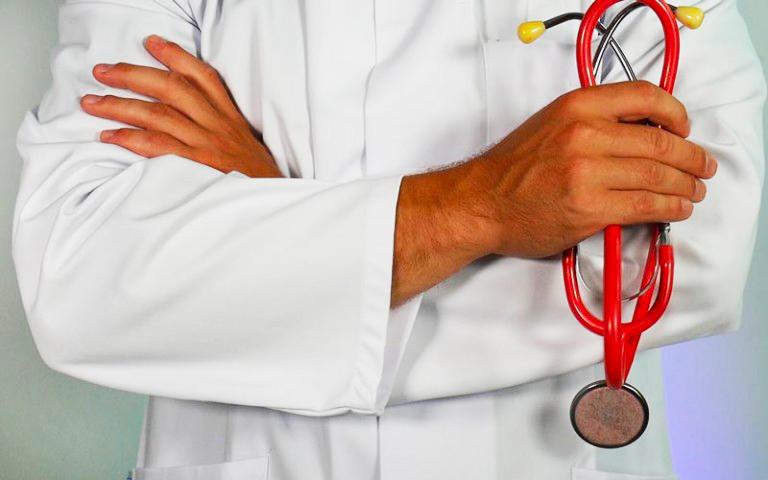By Catherine Paley-Vincent, Partner lawyer et Nathalie Boudet-Gizardin, Counsel Counsel
Since 1947, the code of medical ethics has established the principle of a general ban on advertising for doctors, only public information being authorized.
In France, this prohibition is not specific to physicians, but common to all healthcare professionals who are members of professional orders, with the exception of pharmacists who benefit from a special authorization regime.
Until now, the Disciplinary Chambers have sanctioned this ban very severely, often by pronouncing a sentence of firm suspension of practice with regard to the offending doctor, on the basis of several articles of the public health code (R.4127 -19; R.4127-13; R.4127-20).
When digital uses lead to an evolution of case law
Judged to be in conformity with the Constitution by the Constitutional Council, French regulations have, for a long time, been called into question neither by the Competition Authority, nor by European law, until thestop Vanderborghtdelivered by the Court of Justice of the European Union (CJEU) on May 4, 2017.
In this judgment, the CJEU ruled that Directive 2000/31 / EC of 8 June 2000 known as “electronic commerce” was opposed to national legislation which “ generally and absolutely prohibits any advertising relating to oral and dental care services and any form of commercial communications by electronic means including through a website created by a dentist ».
One year later, the 3 may 2018, the Council of State published a éstudy on " Rules applicable to healthcare professionals in matters of information and advertising » proposing in particular "To remove the ban on direct or indirect advertising in the public health code and [to] pose a principle of free communication of information by practitioners to the public, subject to compliance with the rules governing their professional practice. "
The Council of State recommends in particular widening the communication of health professionals to three areas: their professional skills and practices, their professional biography, and finally practical information relating to their practice, such as the hours of their practice or the equipment of which he has.
In a recent decision of January 15, 2019, the Competition Authority, seized by the Groupon company of facts which it considered constituting a practice of boycott implemented by the National Council of the Order of Physicians, also insisted, " on the need to modify, in the short term, the provisions relating to publicity, in order to take into account the evolution of the case law of the CJEU ”.
It is under the impetus of this decision of the CJEU of May 4, 2017, that the state Council, on the occasion of an appeal directed by a doctor against the refusal of the Minister of Solidarity and Health to repeal Article R. 4127-19 of the Public Health Code, ruled, in a judgment of 6 November 2019 :
"That it follows from the stipulations of Article 56 of the Treaty on the Functioning of the European Union, as interpreted by the Court of Justice of the European Union, in particular in its judgment rendered on May 4, 2017 in the Case C-339/15, that they oppose regulatory provisions which generally and absolutely prohibit all advertising, such as those appearing in the second paragraph of Article R. 4127-19 of the Public Health Code ".
Thus, the Council of State has:
- annulled the Minister's refusal to repeal the second paragraph of article R. 4127-19 of the public health code;
- charged to the State the sum of 3 euros to be paid to the requesting doctor.
In a second stop of the same day, the Council of State transposed this solution to dentists, thus calling into question the legality of the general and absolute ban on all advertising imposed on them, by articles R. 4127-215 and R. 4127-225 of the public health code.
After 70 years of ban, the lifting of the advertising ban imposed on healthcare professionals is therefore imminent and now essential to put an end to the current legal uncertainty.

Catherine Paley-Vincent
Partner
Recognized expert in health law, she intervenes in particular for the constitution and monitoring of structures between hospital and / or liberal health professionals, for the management of possible conflicts and their transactional, judicial or disciplinary consequences. The field of medical imaging is particularly familiar to him.
She advises pharmaceutical companies on medical devices, labeling and clinical trials.
She is regularly consulted on the application of ethics, in particular with regard to the regulation of professional orders of networks, advertising and the Internet used in the medical and veterinary world.

Nathalie Boudet-Gizardin
Counsel
She joined the firm the same year in the Civil and Health team of Catherine Paley-Vincent. She advises health professionals particularly in terms of:
Civil, disciplinary and criminal defense of health professionals, professional orders and medical and veterinary biology laboratories
Advice and assistance to health professionals to structure their activities, including within the framework of public / private cooperation, particularly in medical imaging
Support for healthcare professionals and innovative companies in the development of their e-health projects.





